NSYSU supports primary and secondary schools in implementing International Education Project 2.0


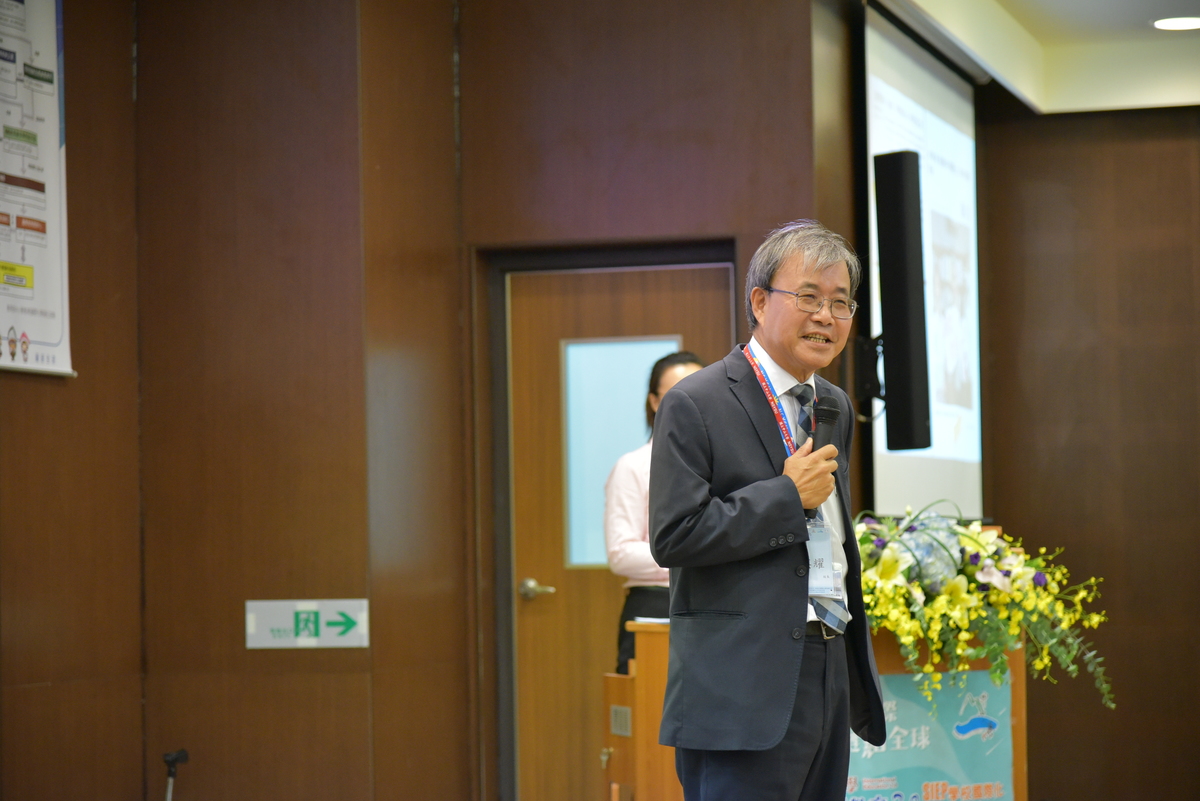
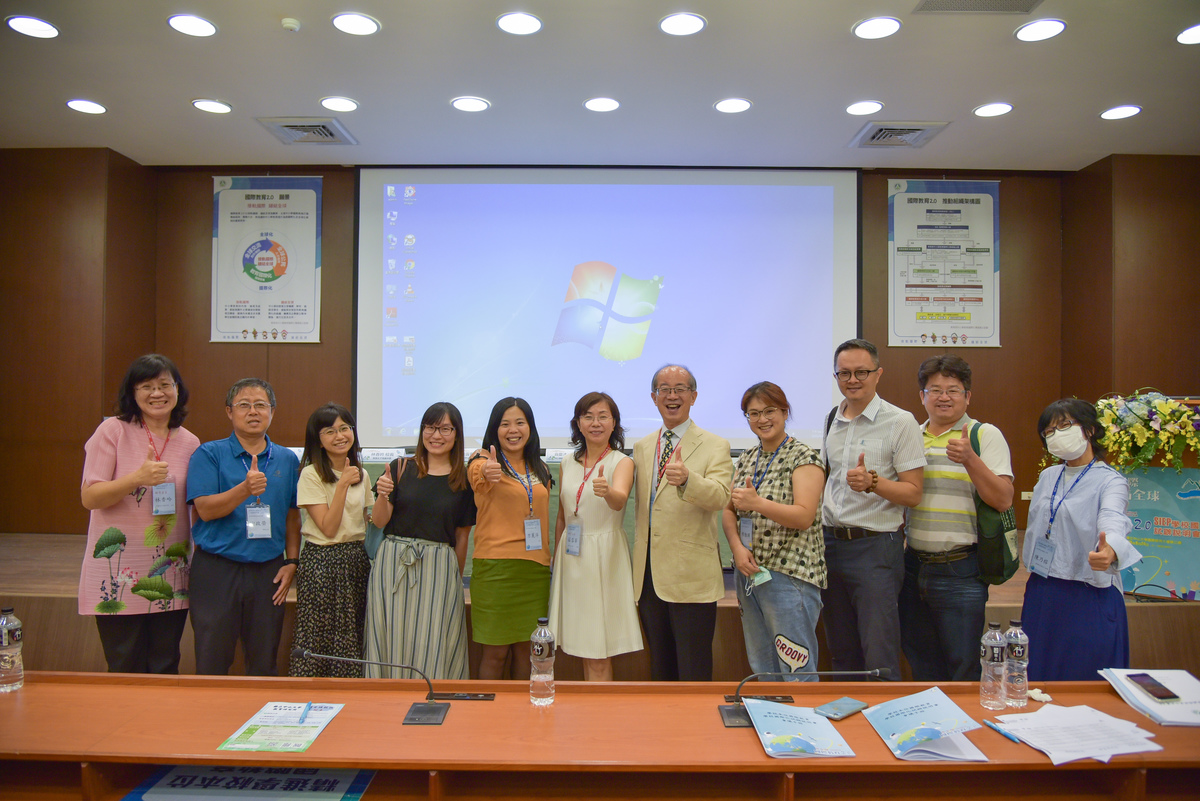
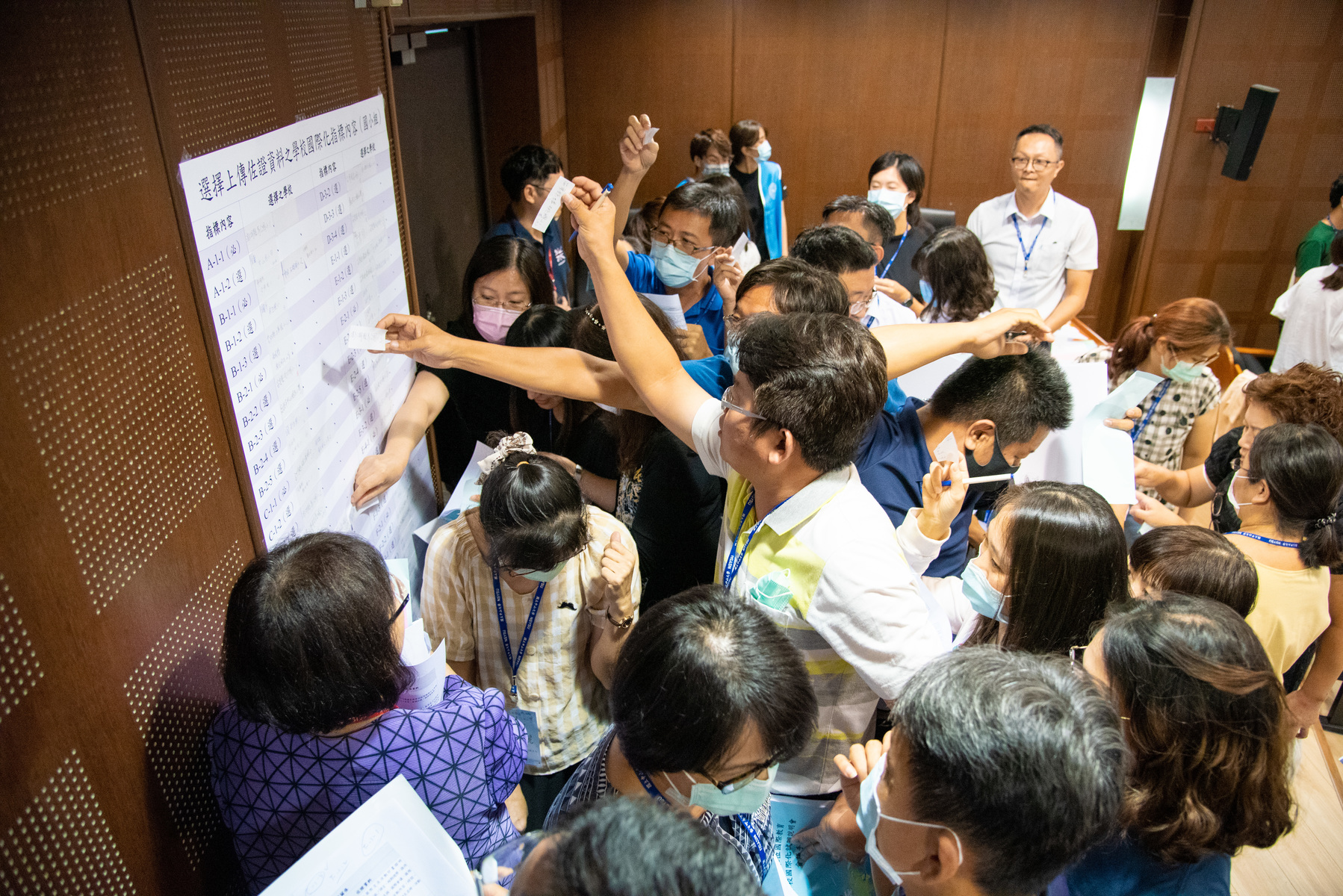
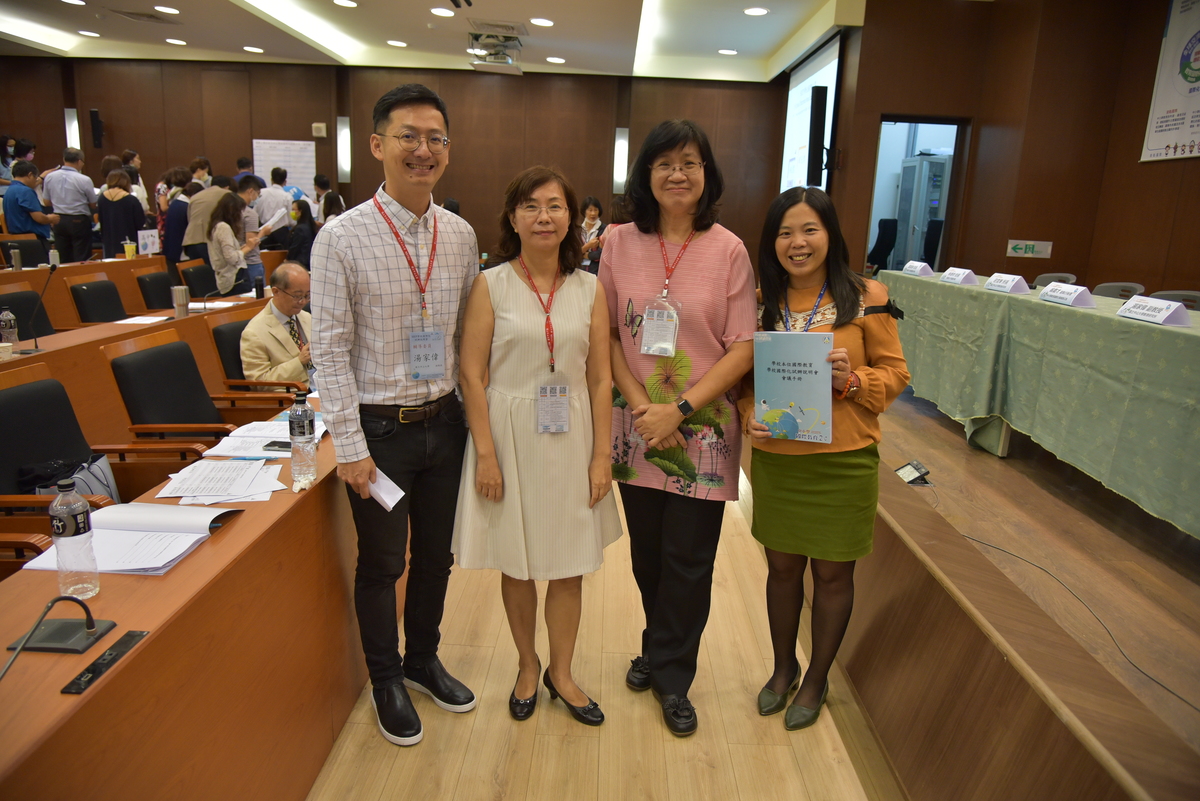
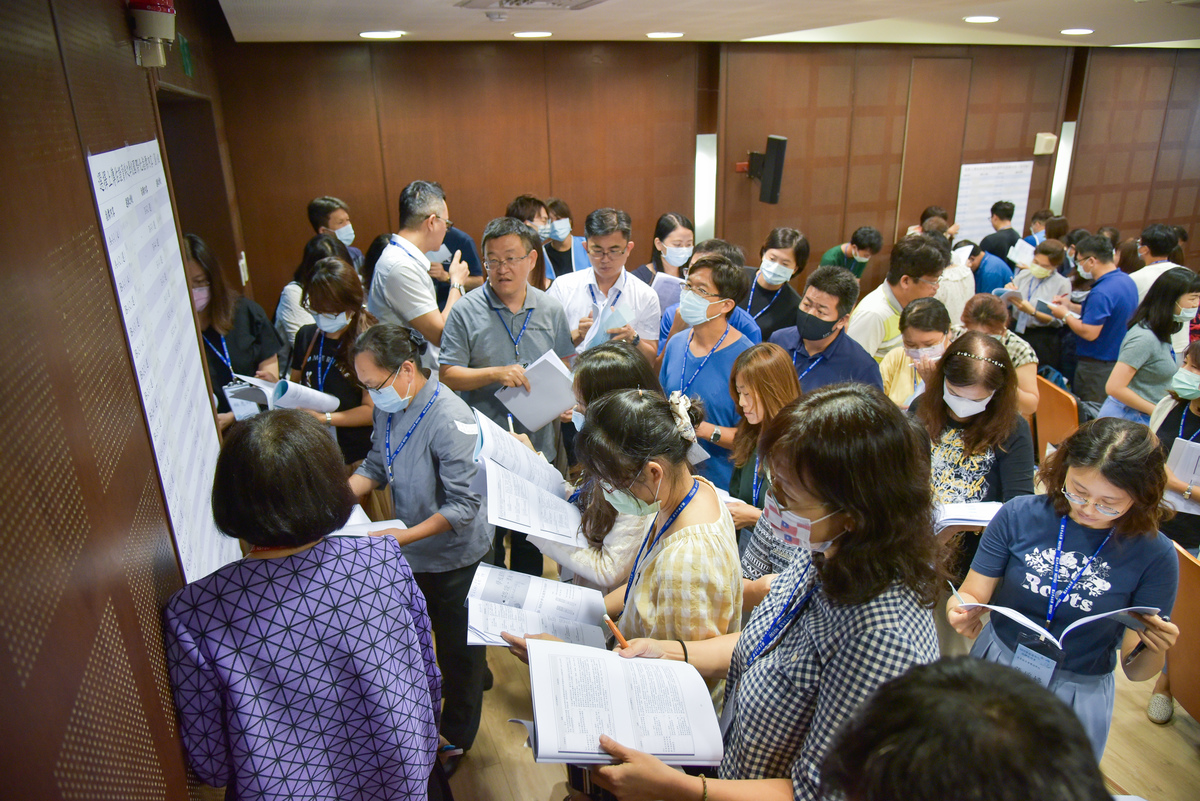
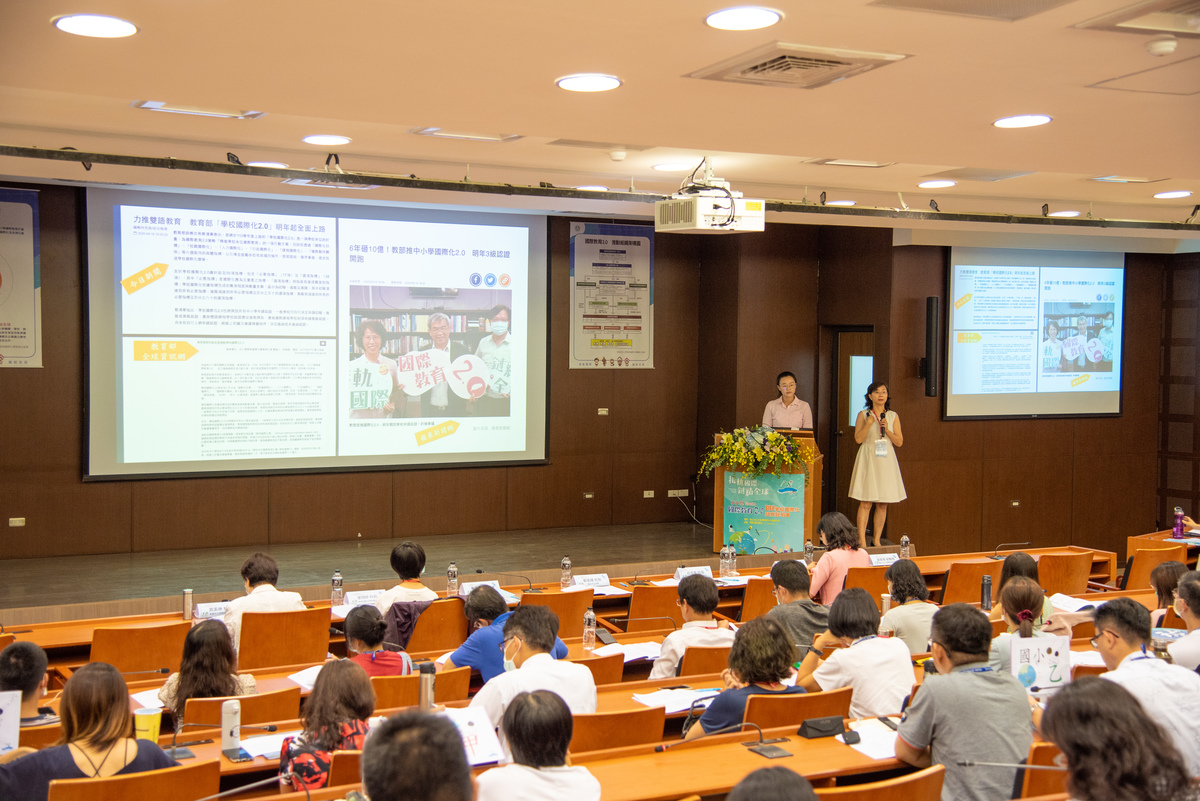
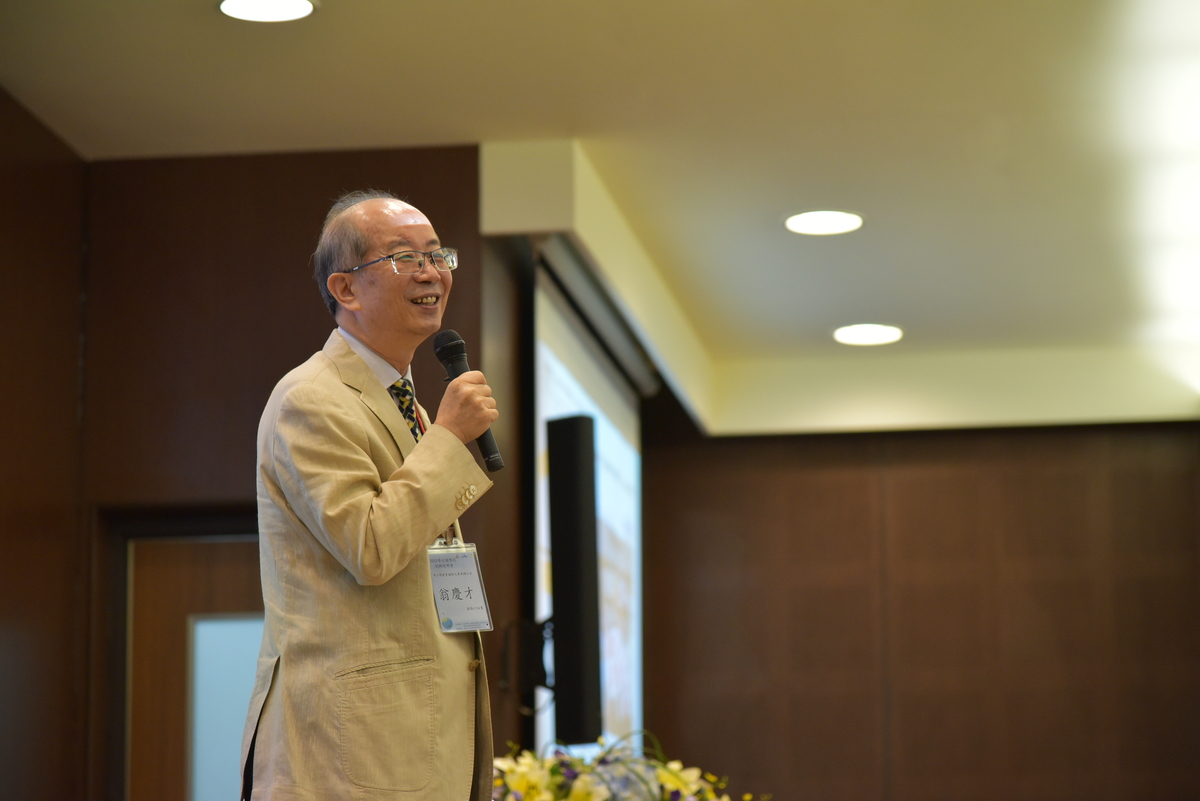
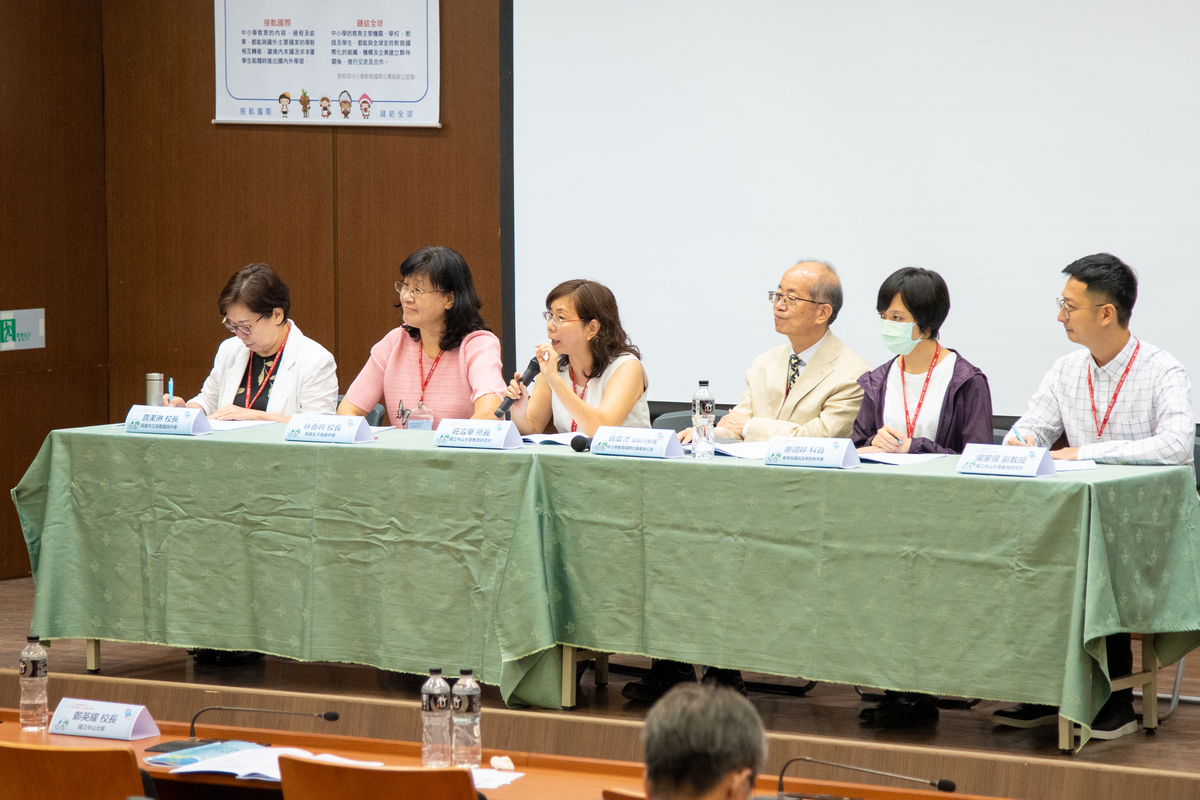
(Provided by Institute of Education) In May, the Ministry of Education (MOE) published the White Paper on Internationalization of Education for Primary and Secondary Schools, based on the International Education Project 1.0, making a step towards abandoning the traditional education model for a more international approach to education in primary and secondary schools. To enhance standards and relate them to the educational environment, NSYSU organized an information meeting on the School-based International Education Project (SIEP), inviting representatives of 79 schools of all levels recommended by 22 city governments for the project trial. Specific standards for overall internationalization, campus, human resources, administration, and curriculum internationalization, and tying international partnerships are to guide and encourage schools to adjust the working routine to make steady progress in internationalizing the school environment in line with the school’s characteristics.
The International Education Project 2.0 aims at creating a globalized education system committed to three goals: cultivation of global citizens, promotion of internationalized education, and expansion of international exchange, to achieve through three strategies: internationalizing schools’ education and establishing an international-friendly environment and an internationalized education system. One of the focal points of school internationalization is the establishment of standards at each school and three different levels to determine the progress in internationalization: basic, middle, and advanced. During this year, the internationalization program was introduced for a trial period; according to the results, school internationalization indicators will be revised and a level-system will be established. The International Education Project 2.0 is scheduled to be launched in the school year 2021-2022. The information meeting was inaugurated with the speeches by NSYSU President Ying-Yao Cheng, Ching-Tsai Wong - Deputy Executive Secretary of the MOE Primary and Secondary Education Internationalization Office, and representatives of the K-12 Education Administration, Ministry of Education.
In his opening speech, NSYSU President Ying-Yao Cheng emphasized that internationalization of tertiary education consists in cultivating youth highly competitive on the labor market and that primary and secondary schools should be the cornerstone of professionals’ cultivation. To respond to the trend of internationalization of primary and secondary education, the MOE launched the International Education Project 2.0. The purpose of the information meeting was to provide information to the schools participating in the trial project on how to internationalize a school and how to prepare, explain the meaning and purpose of internationalization standards, and create an exchange platform for schools of every county to exchange valuable experience and suggestions on how to connect Taiwanese primary and secondary education with trends in international education.
Deputy Executive Secretary Wong said that the International Education Project 2.0 will continue its efforts, and that the trial period will be an opportunity to examine what problems can a school encounter in practice. He invited the schools to provide suggestions to the responsible team so that in the future, every school can implement the internationalization project and reach its every goal for the benefit of the pupils. At the same time, he encouraged schools of each level to integrate interdisciplinary educational resources and invest in the school’s internationalization.
The Principal Investigator (PI) of the reward system and regulation relaxation project for internationalizing schools and Director of the Institute of Education at NSYSU –Professor Hsueh-Hua Chuang said that the information meeting was only the beginning; later, a professional consultation committee for internationalization will be arranged to provide information via Line, an information hotline, and on-site visits to assist each school with the trial implementation of the internationalization project. In December, there will be another meeting to share the review and feedback on the trial implementation of the internationalization project, engage in discussion, and ask the participating schools for suggestions on how to adjust the internationalization standards.
(Edited by Public Affairs Division)
The International Education Project 2.0 aims at creating a globalized education system committed to three goals: cultivation of global citizens, promotion of internationalized education, and expansion of international exchange, to achieve through three strategies: internationalizing schools’ education and establishing an international-friendly environment and an internationalized education system. One of the focal points of school internationalization is the establishment of standards at each school and three different levels to determine the progress in internationalization: basic, middle, and advanced. During this year, the internationalization program was introduced for a trial period; according to the results, school internationalization indicators will be revised and a level-system will be established. The International Education Project 2.0 is scheduled to be launched in the school year 2021-2022. The information meeting was inaugurated with the speeches by NSYSU President Ying-Yao Cheng, Ching-Tsai Wong - Deputy Executive Secretary of the MOE Primary and Secondary Education Internationalization Office, and representatives of the K-12 Education Administration, Ministry of Education.
In his opening speech, NSYSU President Ying-Yao Cheng emphasized that internationalization of tertiary education consists in cultivating youth highly competitive on the labor market and that primary and secondary schools should be the cornerstone of professionals’ cultivation. To respond to the trend of internationalization of primary and secondary education, the MOE launched the International Education Project 2.0. The purpose of the information meeting was to provide information to the schools participating in the trial project on how to internationalize a school and how to prepare, explain the meaning and purpose of internationalization standards, and create an exchange platform for schools of every county to exchange valuable experience and suggestions on how to connect Taiwanese primary and secondary education with trends in international education.
Deputy Executive Secretary Wong said that the International Education Project 2.0 will continue its efforts, and that the trial period will be an opportunity to examine what problems can a school encounter in practice. He invited the schools to provide suggestions to the responsible team so that in the future, every school can implement the internationalization project and reach its every goal for the benefit of the pupils. At the same time, he encouraged schools of each level to integrate interdisciplinary educational resources and invest in the school’s internationalization.
The Principal Investigator (PI) of the reward system and regulation relaxation project for internationalizing schools and Director of the Institute of Education at NSYSU –Professor Hsueh-Hua Chuang said that the information meeting was only the beginning; later, a professional consultation committee for internationalization will be arranged to provide information via Line, an information hotline, and on-site visits to assist each school with the trial implementation of the internationalization project. In December, there will be another meeting to share the review and feedback on the trial implementation of the internationalization project, engage in discussion, and ask the participating schools for suggestions on how to adjust the internationalization standards.
(Edited by Public Affairs Division)
Click Num:
Share
